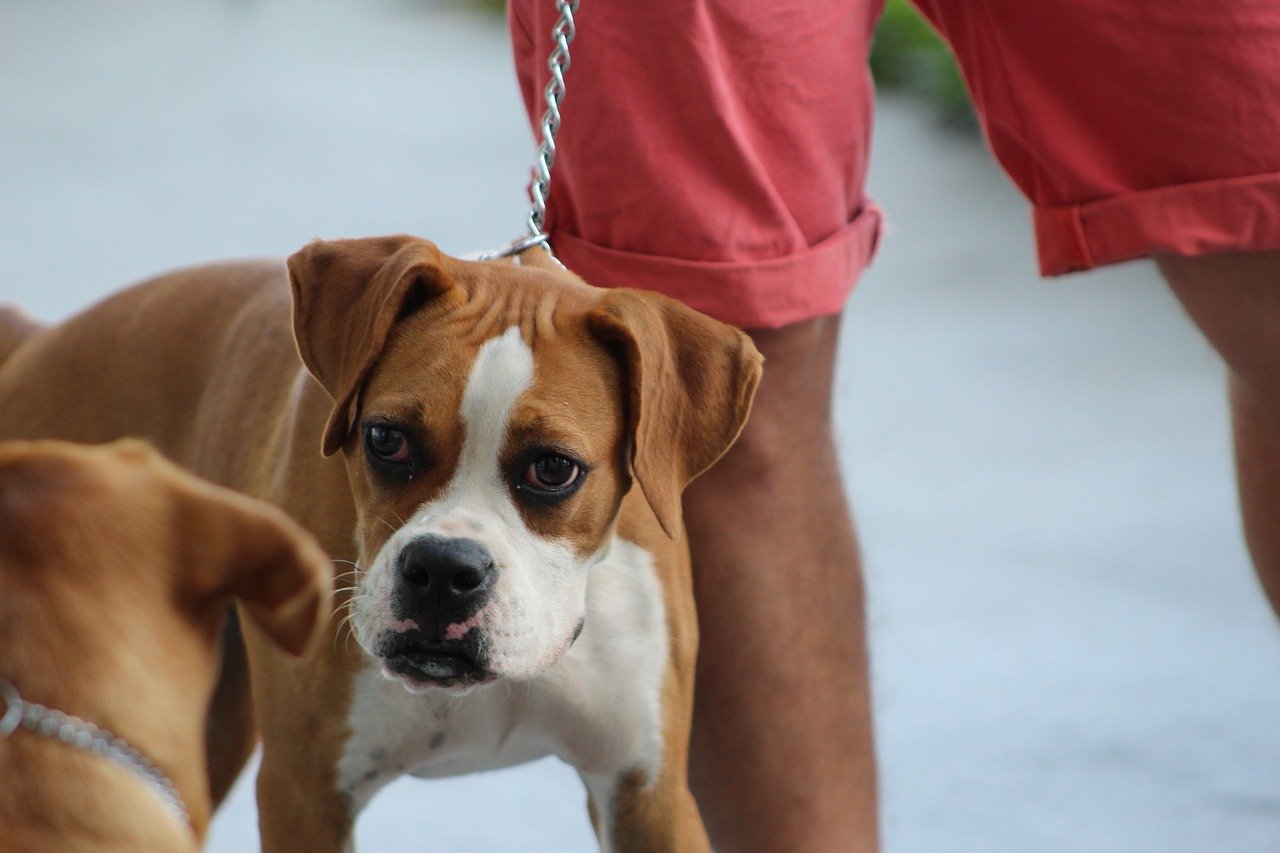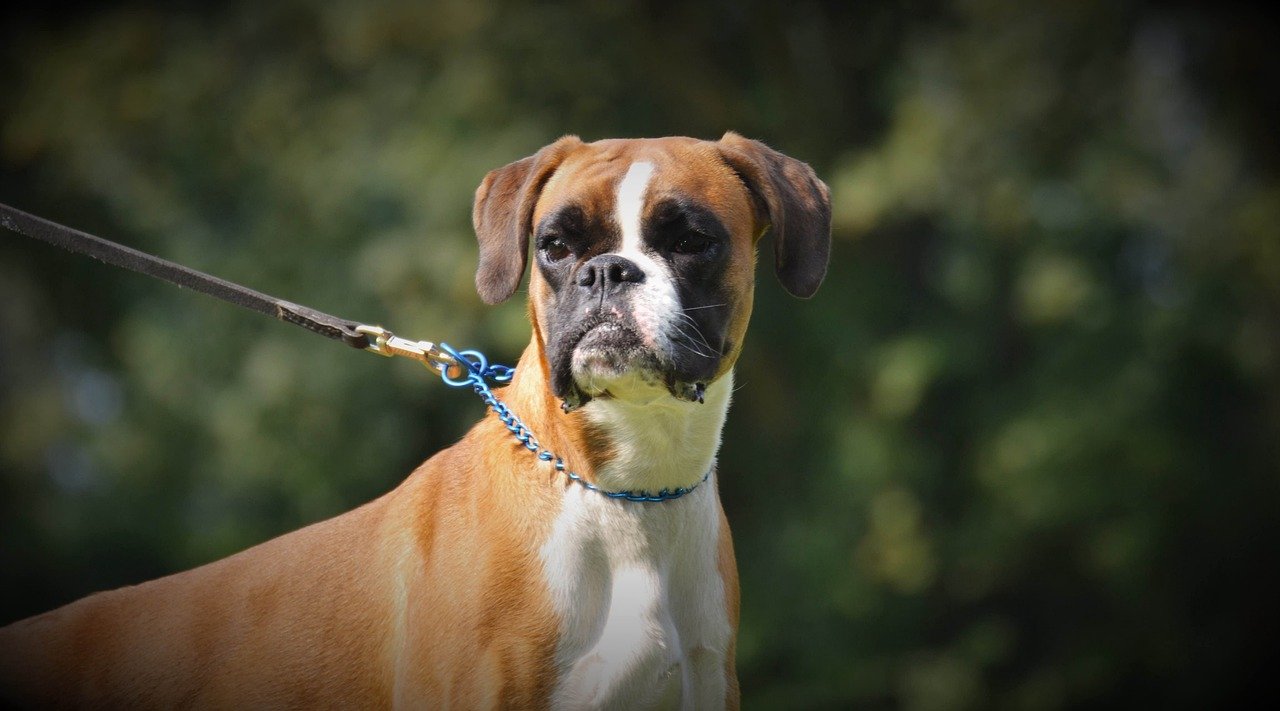Have you ever wondered if the playful, bouncy Boxer dog could be the perfect companion for your children? The idea of a loyal, affectionate family dog is every parent’s dream, but not every breed fits the bill. Boxers, with their unmistakable expressive faces and joyful energy, often steal hearts at first sight. But behind those soulful eyes and goofy grins lies a unique personality that families need to understand before welcoming one home. Let’s dive into what makes Boxers tick, how they interact with kids, and what you should know before making this important decision.
The Boxer’s Personality: A Bundle of Joy and Energy
Boxers are known for their boundless enthusiasm and playful spirit. They are often compared to eternal puppies, staying exuberant and full of life well into their adult years. This vivacious personality can bring laughter and fun to any household, especially those with energetic children who love to play outdoors. However, their high energy means they require plenty of exercise and mental stimulation. Without enough activity, Boxers might become bored or even a little mischievous. Families should be ready for daily walks, games of fetch, and plenty of time spent together. Their affectionate nature makes them seek constant companionship, thriving best where they can be part of the action.
Boxers and Children: Natural Playmates

Many families are drawn to Boxers because of their reputation for being gentle and protective with children. These dogs often form strong bonds with young family members, becoming their devoted guardians and playmates. Boxers are patient and tolerant, able to handle the unpredictable antics of kids, whether it’s a game of tag or a cuddle session on the couch. Their sturdy build means they are less likely to be injured by accidental roughhousing, making them a safer choice for families with active youngsters. However, it’s important to supervise interactions, especially with very small children, to ensure playtime remains safe for both the dog and the child.
Training and Socialization: The Key to Harmony

Like any dog, Boxers need proper training and early socialization to become well-mannered family companions. Their intelligence makes them quick learners, but their playful and sometimes stubborn streak can be challenging for first-time dog owners. Consistency and positive reinforcement are crucial when teaching a Boxer how to behave around children and guests. Puppy classes and early exposure to different environments can help Boxers develop confidence and learn appropriate social skills. Teaching children how to interact respectfully with their furry friend is just as important, fostering a relationship built on trust and understanding.
Protective Instincts: Loyal Guardians of the Family

Boxers are naturally protective and have a strong sense of loyalty toward their families. They are known to watch over children with a gentle vigilance, often placing themselves between their young charges and potential danger. This instinct makes them excellent watchdogs, sounding the alarm if something seems amiss. While their imposing appearance can be intimidating to strangers, Boxers are rarely aggressive without reason. Proper socialization helps ensure their protective nature doesn’t turn into over-guarding or nervousness around visitors. Families can feel a sense of security knowing their Boxer is always looking out for them.
Boxer Health Considerations for Families

Before bringing a Boxer into your home, families should be aware of the breed’s specific health needs. Boxers are prone to certain genetic conditions, such as heart issues and hip dysplasia, which can affect their activity levels and overall well-being. Regular veterinary checkups, a balanced diet, and daily exercise are essential to keep them in top shape. Their short coat requires minimal grooming, making them relatively low-maintenance, but they are sensitive to extreme temperatures. Hot weather can lead to overheating, while cold weather may require extra warmth. Being prepared for these needs ensures your Boxer stays happy and healthy as a beloved family member.
Living Space: Do Boxers Need a Big Backyard?

Boxers are adaptable, but their energy levels mean they thrive best in homes with space to play and explore. A fenced backyard is ideal for giving them room to burn off steam, but they can also do well in apartments if their exercise needs are met with regular walks and playtime. Families without large outdoor spaces should be committed to providing plenty of physical and mental activity each day. Boxers are known for their “zoomies”—those bursts of running and spinning that leave everyone in stitches—so having a safe area for these energetic displays is a bonus.
Allergies and Shedding: What Parents Should Know
For families with allergy concerns, it’s important to note that Boxers are not hypoallergenic. They do shed, although their short, smooth coats make it relatively manageable with regular brushing. Bathing should be done as needed, and keeping the home clean can help minimize allergens. Parents should monitor both their children and the dog for any signs of discomfort or allergies, especially in the first few weeks. Teaching kids to wash their hands after playing with the dog and keeping sleeping areas pet-free can help keep everyone comfortable.
Boxers and Other Pets: Can They Get Along?

Boxers are generally sociable and can get along well with other dogs and pets when introduced properly. Their playful demeanor makes them eager to join in with other animals, but supervision is key, especially with smaller pets like cats or rabbits. Early socialization teaches Boxers to respect the boundaries of other household animals, reducing the risk of chasing or rough play. Families with existing pets should plan for gradual introductions and positive reinforcement to foster harmony in the home. With patience and guidance, Boxers often become cherished members of a multi-pet family.






